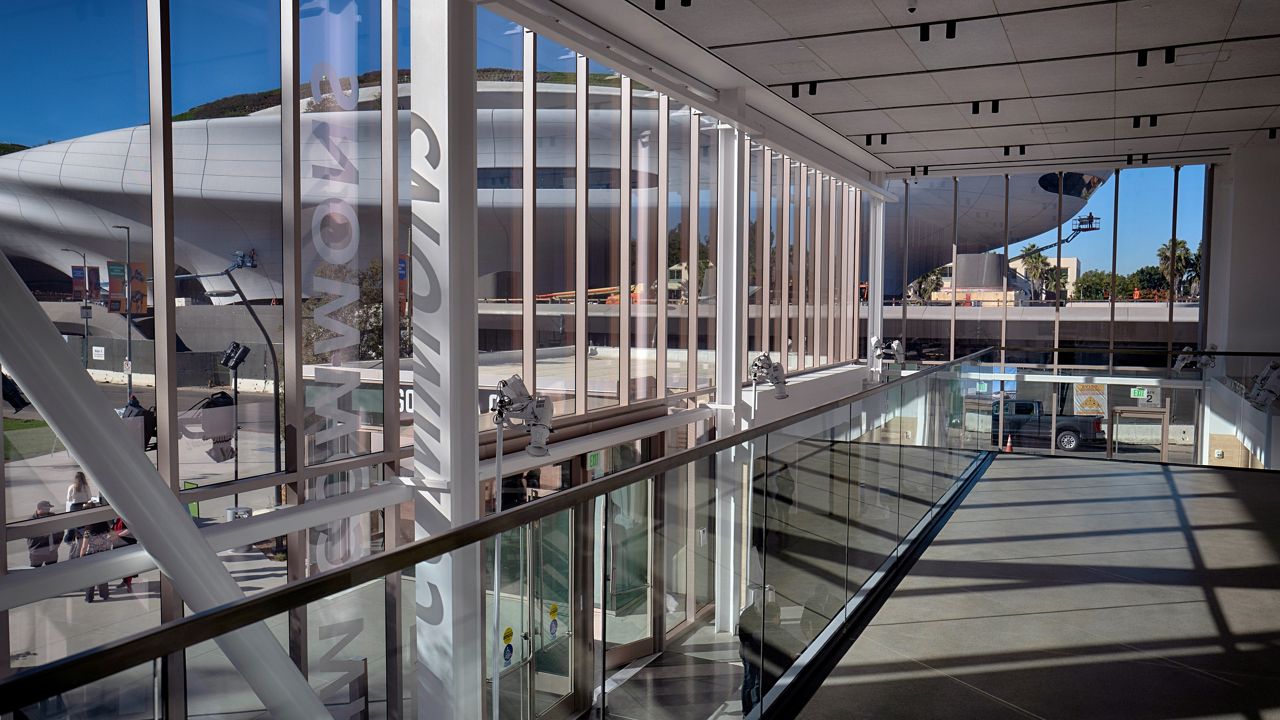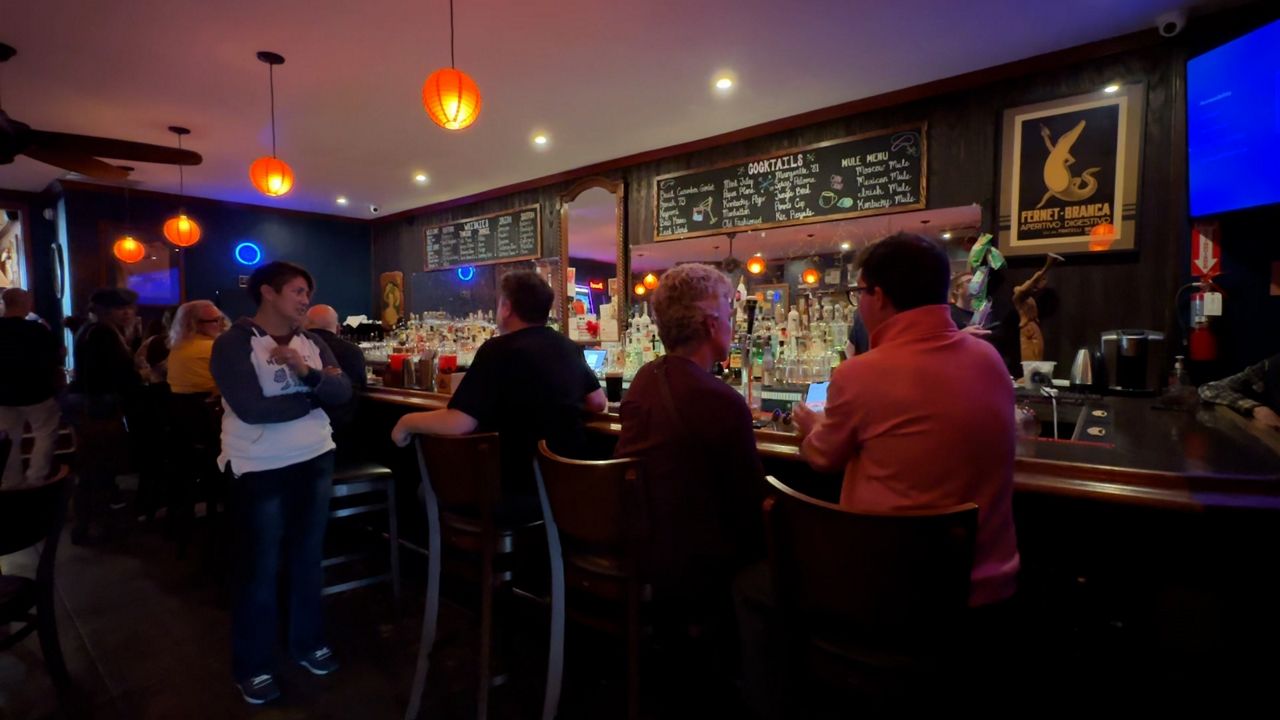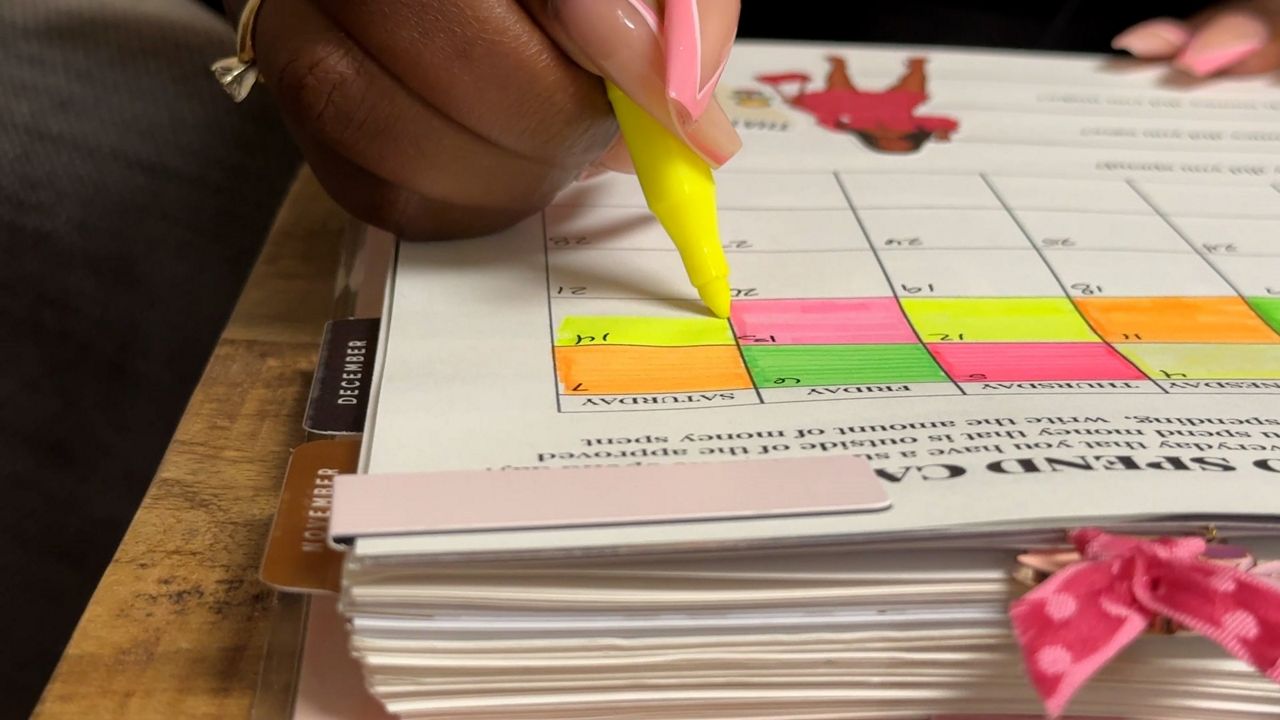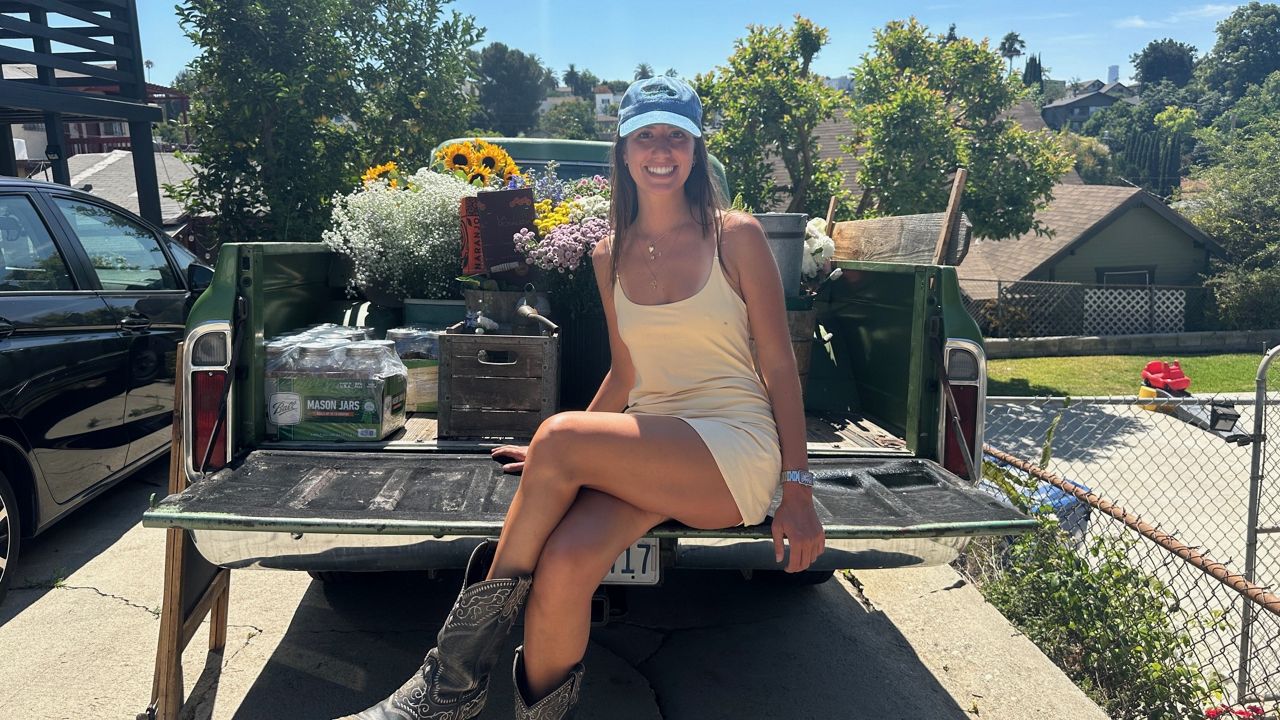LONG BEACH, Calif. — Working in the cannabis industry is more than just a job for Destiny Perez. It's a passion.
Her current employer, Catalyst Cannabis Co., is one of the only employers to look past her previous marijuana charges.
What You Need To Know
- A local expungement clinic now provides live scans and free legal assistance to help individuals get prior drug offenses and other convictions dismissed, reduced or expunged
- The L.A. District Attorney's office dismissed over 60,000 marijuana convictions in 2020, but some still remain
- These prior convictions have created challenges for individuals trying to seek their higher education, housing, and employment
- The next expungement clinic will be held on April 22 at the St. Joseph Grand Lodge in L.A.
"Four cop cars pulled me over in an Uber, scared my Uber driver. He thought I robbed the place or something. But honestly, all I did was close up a dispensary that was technically not legal," Perez said.
Perez received two charges that day over three years ago. In fear of seeing a conviction on her record, she has avoided the legal process. Her charges have now turned into warrants that continue to hang over her head.
"It's been extremely stressful," she said. "It's been an inconvenience. Many times, it brings up [a] conversation that I would rather not have to go through with a landlord or a potential workplace."
Since Props 64 and 47, recreational marijuana has been legalized in the state. The legislation also mandated that nonviolent convictions were to be reduced or dismissed. In 2020, former District Attorney Jackie Lacey dismissed 66,000 convictions in Los Angeles County. But some remain.
That's why the Catalyst Cannabis Co., in partnership with the United Food and Commercial Workers union, sponsored a record-change clinic that offers live scans and free legal assistance. The clinic helped individuals clear or reduce past marijuana and other drug offenses, along with other crime-related convictions on their record.
Despite the changes in cannabis laws, Ashleigh Aitken, an attorney providing free legal assistance, shared that having a conviction changed is not an automated process.
"It's still a complicated thing for people who don't practice law to look at all these forms, know which forms to fill out and to know which courtrooms and which courthouses they are supposed to go to," Aitken said. "So it's really been a wonderful experience to come in here and help people put things behind them."
Perez explained how she's been waiting for an opportunity like the record-change clinic to help her move forward in life.
"I'm doing it legally now, and I kind of want it to be a thing of the past," she said.
Until then, Perez remains hopeful that the changes in cannabis laws and the legal assistance she is receiving will help clear the way for a fresh start.
The next clinic will be held April 22 at the St. Joseph Grand Lodge in Los Angeles. Those who wish to attend must pre-register here.
DA George Gascón's office sent Spectrum News 1 a statement that reads in part: "When we are notified of an eligible case, we affirmatively move to dismiss the conviction, so that the affected person does not have to seek an expungement on their own. Despite these efforts, approximately 2,000 felony convictions did not quality for resentencing under the new law. Those felony convictions primarily involved persons who did not qualify for resentencing under Prop. 64 because of prior convictions like convictions that required sex registration under Penal Code 290. Our office also lacks the jurisdiction to dismiss cases filed in other states or California counties or in federal court."











